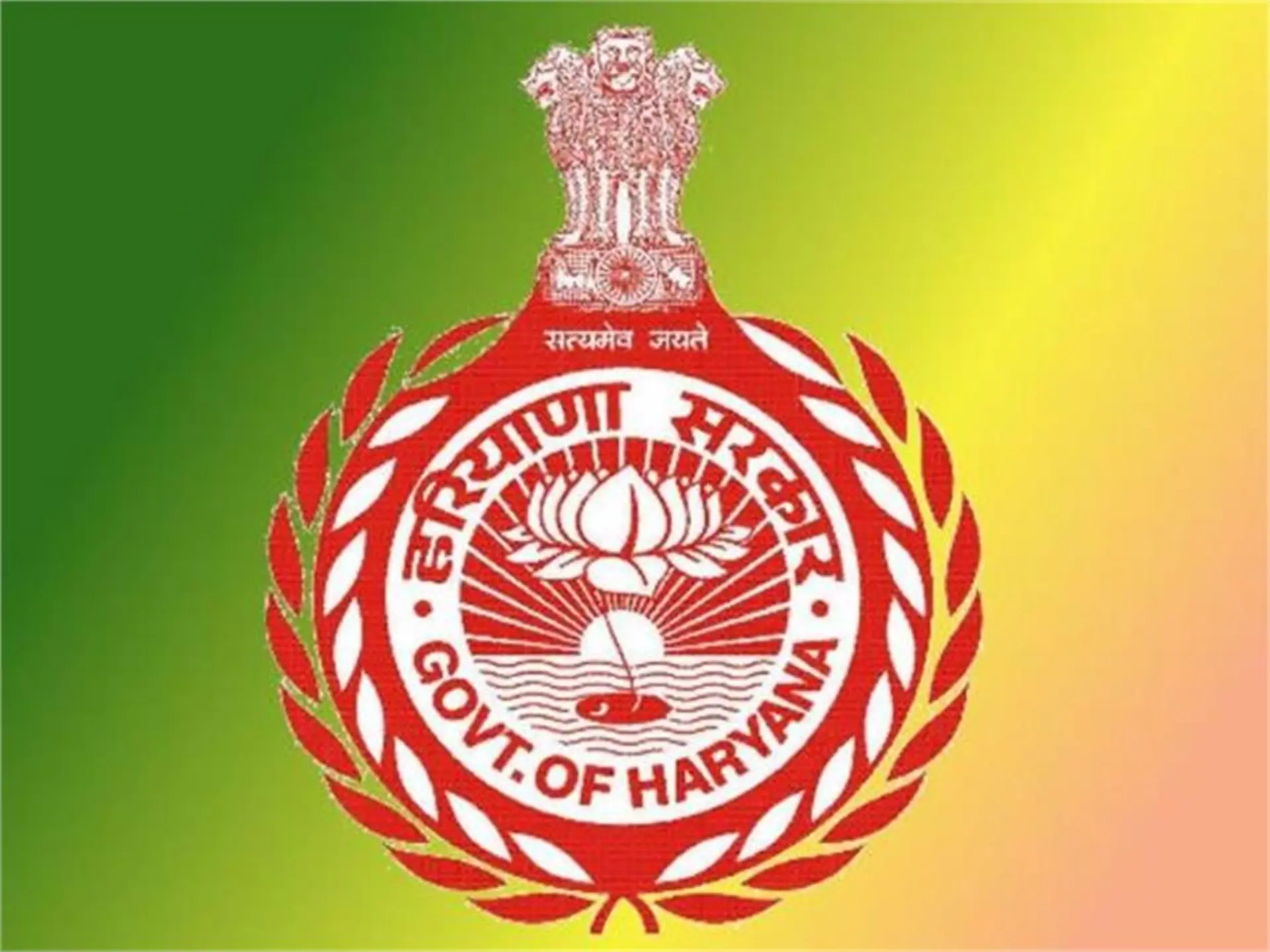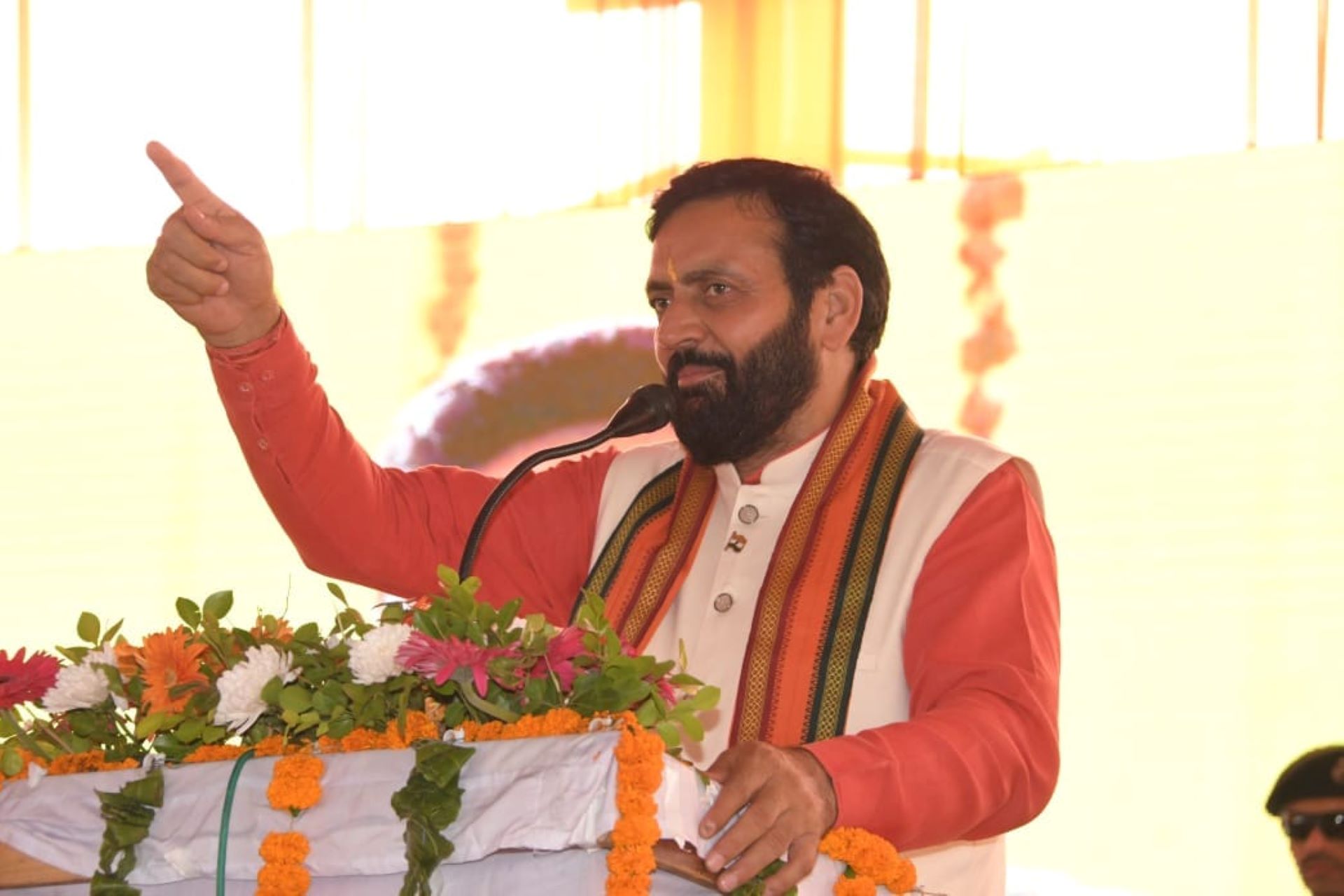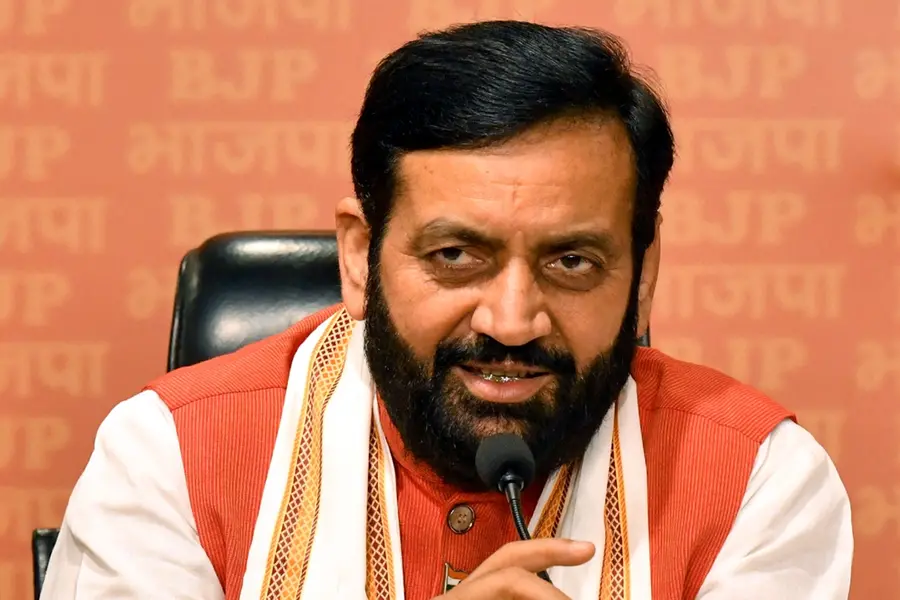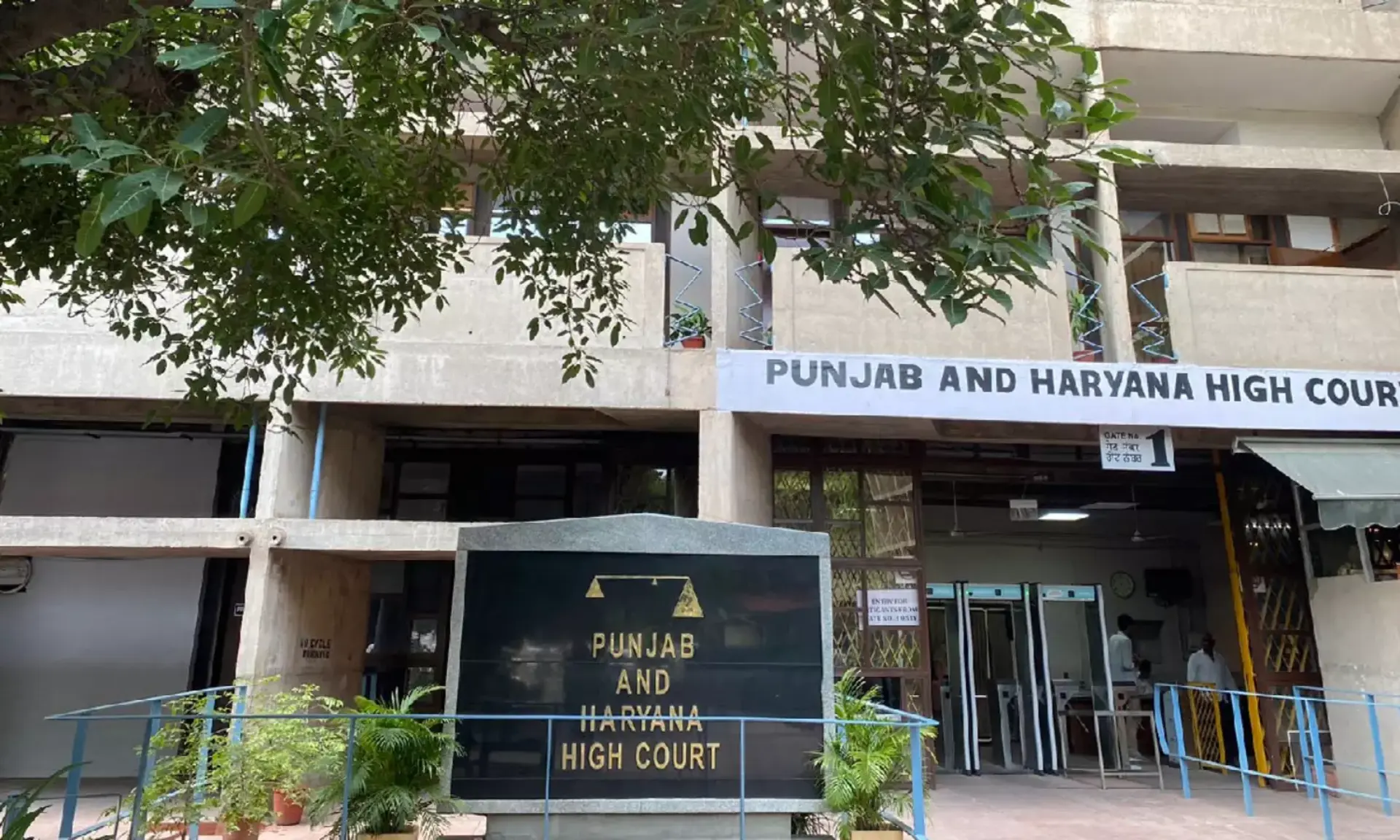
The Haryana government's policy of giving extra marks to its residents in government job exams has hit a roadblock. The Supreme Court has agreed with a earlier decision by the Punjab and Haryana High Court that said this policy was not fair.
Chief Minister Nayab Singh Saini said his government respects the Supreme Court's decision. However, he also said they might ask the court to look at the case again or make a new law in the state assembly. The policy, which started in 2018, was meant to help poor and disadvantaged people in Haryana. It gave extra marks to candidates from families earning less than 1.8 lakh rupees per year and those who didn't have any government employees in their family.
The Supreme Court judges called this a "populist measure" and said it wasn't right to give special treatment to some candidates based on where they live. They said no state should limit jobs to only its residents.
CM Saini defended the policy, saying it was based on the idea of helping the poorest people first. He said, "Our government is fighting for the rights of the poor. If we need to, we will bring a new law in the assembly."
The opposition Congress party criticized the government's approach. They said the policy was actually against employment and that the government had made weak rules that couldn't stand up in court. Bhupinder Singh Hooda, the leader of the opposition, warned that this decision could affect more than 23,000 government jobs.
Another Congress leader, Randeep Surjewala, said the government and the Haryana Staff Selection Commission were playing with the future of many young people looking for jobs. He worried that thousands of people who got jobs under this policy might now have to go to court to keep their positions.
This case shows how complicated it can be to make fair rules for government jobs. The government wanted to help local people, especially those who are poor. But the courts said this wasn't fair to all candidates. Now, the state government has to decide what to do next, while many people who applied for jobs are left wondering what will happen.















